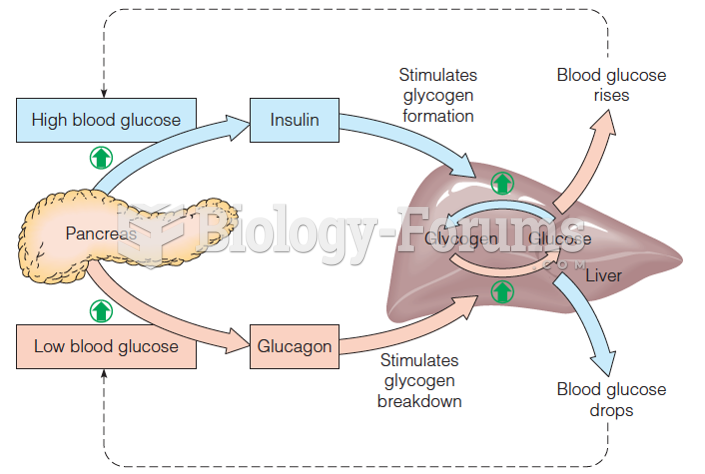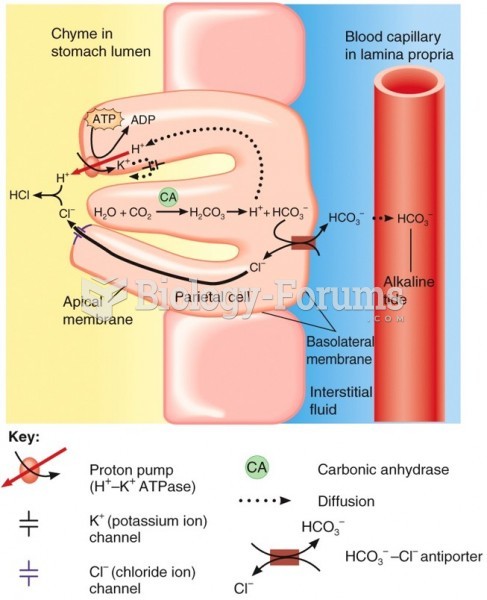Bank regulation differs from monetary policy, because:
a. Monetary policy is concerned with controlling and monitoring the conduct, performance, and condition of financial institutions, but bank regulation is concerned with changing the monetary aggregates.
b. Regulation is concerned with changing reserve requirements, open market operations, and the discount rate, but monetary policy is concerned with changing the domestic interest rates.
c. Regulation is concerned with changing domestic interest rates, but monetary policy is concerned with changing reserve requirements, open market operations, and the discount rate.
d. Regulation is concerned with controlling and monitoring the conduct, performance, and condition of financial institutions, but monetary policy is concerned with changing the monetary aggregates.
Question 2
Assume that the government increases spending and finances the expenditures by borrowing in the domestic capital markets. If the nation has low mobility international capital markets and a flexible exchange rate system, what happens to the real GDP and the nominal value of the domestic currency in the context of the Three-Sector-Model?
a. Real GDP rises, and nominal value of the domestic currency falls.
b. Real GDP falls, and nominal value of the domestic currency rises.
c. Real GDP rises, and nominal value of the domestic currency remains the same.
d. Real GDP rises, and nominal value of the domestic currency rises.
e. There is not enough information to determine what happens to these two macroeconomic variables.






